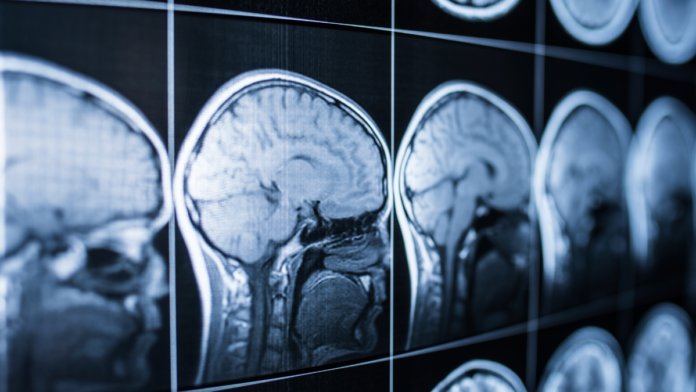How can brain damage occur during birth?
Newborn brain damage is usually due to physical injury to the head during a vaginal delivery. This causes the cells in the brain to be harmed or destroyed which can have mild to severe consequences.
Other reasons that the baby’s brain can become damaged during birth include:
- A lack of oxygen
- Newborn jaundice
- Infection
- Stroke
How common is brain damage during birth?
Brain injuries are the most common way that babies can be harmed during birth. It’s estimated that five in every thousand babies born in England are affected with premature babies seven times more likely to suffer from brain injury.
Exact figures vary because the effects of brain injury at birth are sometimes hidden until later. This makes it hard to give a definitive diagnosis at an early stage, making it extremely challenging for doctors to provide effective treatment as early intervention is often essential in these conditions.
However, studies seem to agree that a proportion of brain injuries in preterm and full-term babies could be avoided. In cases of negligent treatment from healthcare professionals, you can make a personal injury claim for financial compensation to help you care for your newborn.
What are the signs of brain damage in newborns?
There are several signs of brain damage in newborns that medical professionals check for, including:
- Abnormality in the size and shape of the skeleton
- Visible scalp injuries
- Arched back when crying and high-pitched crying
- Excessive drooling
- Difficulty feeding and swallowing
- Stiff or loose muscles
- Seizures and/or tremors
- Sensitivity to light and unusual eye movements
What are the effects of brain damage in infants?
Types of brain damage in newborns are wide-ranging and can have interim or potentially lasting effects. Injuries are categorised into mild, moderate and severe, but any can have life-changing results for the child and its carers.
Common effects of brain damage at birth are:
- Cognitive issues – poor memory, learning difficulties, struggles with communication
- Emotional effects – extreme mood swings, depression and anxiety
- Reduced awareness – this can range from seeming ‘in a daze’ to experiencing a coma
- Hormonal imbalances – a tendency towards weight gain, diabetes, reduced body hair
One of the most serious consequences of brain injury at birth is the condition known as cerebral palsy. People with this condition have impaired muscle coordination that in itself can have a minor or major impact on body functionality and lifestyle.
Signs of cerebral palsy in infancy include slow physical development, muscles seeming too stiff or floppy, random uncontrolled actions that are often jerky or clumsy and swallowing problems. Issues with vision and speech are also not uncommon in patients.


















